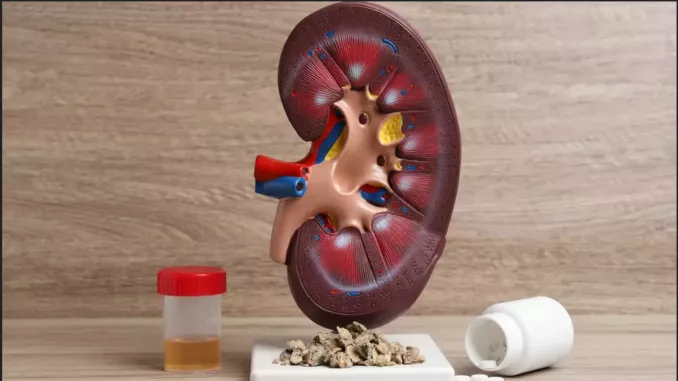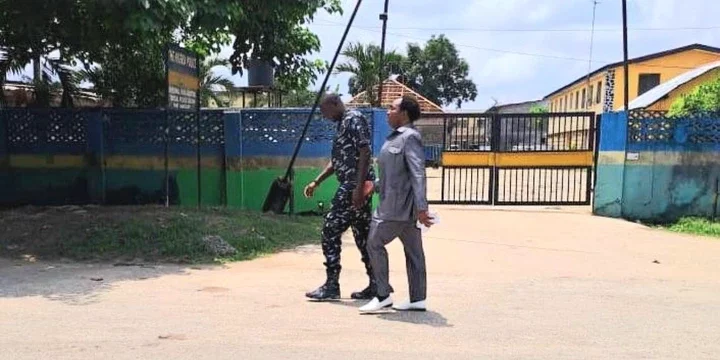![What should you do immediately after getting food poisoned? [FoodPlusWords] What should you do immediately after getting food poisoned? [FoodPlusWords]](https://static.netnaija.com/i/k37lMBDOaPd.webp)
Food poisoning can be managed at home if you act quickly.
Getting food poisoned is something nobody wants to experience, but it happens to the best of us.
Maybe you enjoyed a lovely meal only to end up with stomach cramps, nausea, or even vomiting hours later. Food poisoning can leave you feeling helpless and miserable.
In most cases, food poisoning can be managed at home if you act quickly and take the right steps. Knowing how to treat food poisoning as soon as it strikes can help you feel better faster.
What to do right away
1. Hydrate, hydrate, hydrate
One of the most important things you can do is drink fluids. When you're losing fluids through vomiting or diarrhoea, your body becomes dehydrated quickly. Start by sipping small amounts of water frequently. Avoid drinks like coffee, alcohol, and sugary sodas-they can make dehydration worse.
2. Give your stomach a break
Your stomach needs time to calm down, so don't force yourself to eat right away. Resting your digestive system can help reduce nausea. Wait a few hours, and once you feel ready to eat, start with small portions of bland, easy-to-digest foods. Bananas, rice, applesauce, and toast (known as the BRAT diet) are great options.
3. Avoid trigger foods
As tempting as your favourite spicy dish might sound, steer clear of anything that could upset your stomach more. Avoid fatty, spicy, or greasy foods, as well as dairy products. Keep things light until your tummy feels stable again.
4. Get plenty of rest
Your body is working hard to fight off those nasty germs. Resting helps your immune system do its job. Find a cosy spot, stay warm, and allow your body the time it needs to recover. Avoid any strenuous activities until you're feeling better.
5. Consider over-the-counter help
If your symptoms are severe, like painful stomach cramps, consider using over-the-counter remedies such as antacids.
However, avoid medication that stops diarrhoea unless recommended by a doctor, as your body may need to expel harmful bacteria.
When to worry
Sometimes food poisoning can be more serious and require medical attention. Here are some signs that you should see a doctor:
High fever
Severe dehydration signs like dry mouth, dark urine, or dizziness
Blood in your vomit or stool
Symptoms lasting more than two days or getting worse
Prevention tips for the future
To avoid food poisoning in the future, wash your hands before and after meals, cook meat to the proper temperature, and be cautious about where you eat.
Stay safe guys.

















Comments